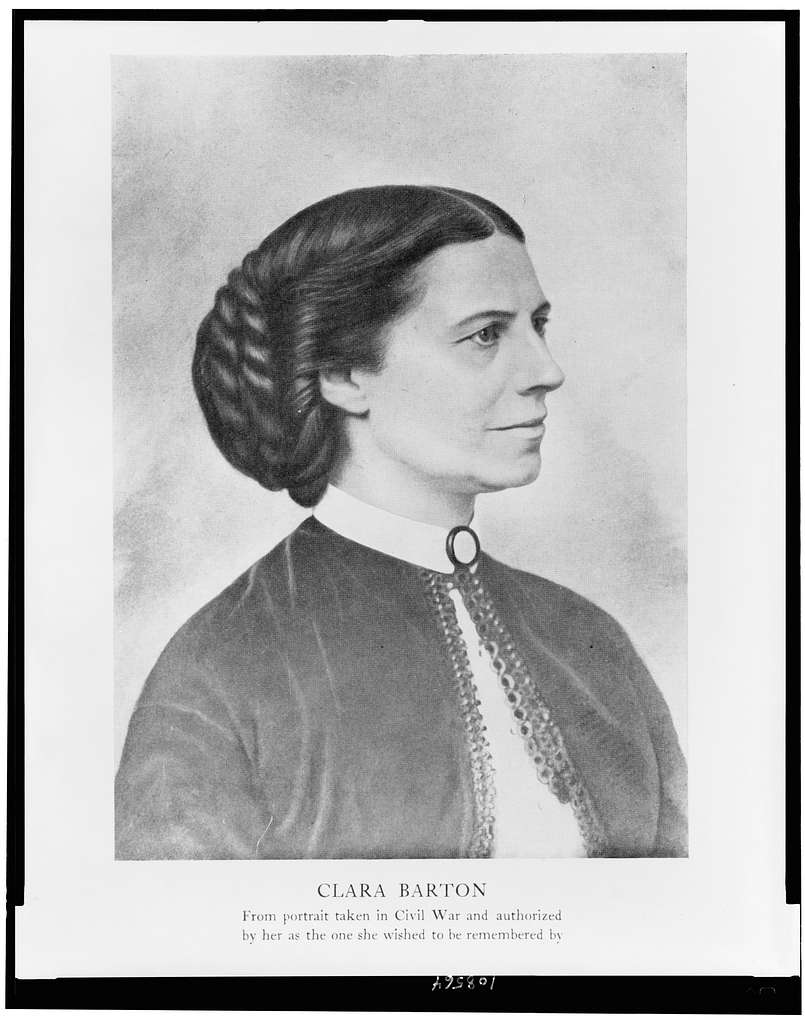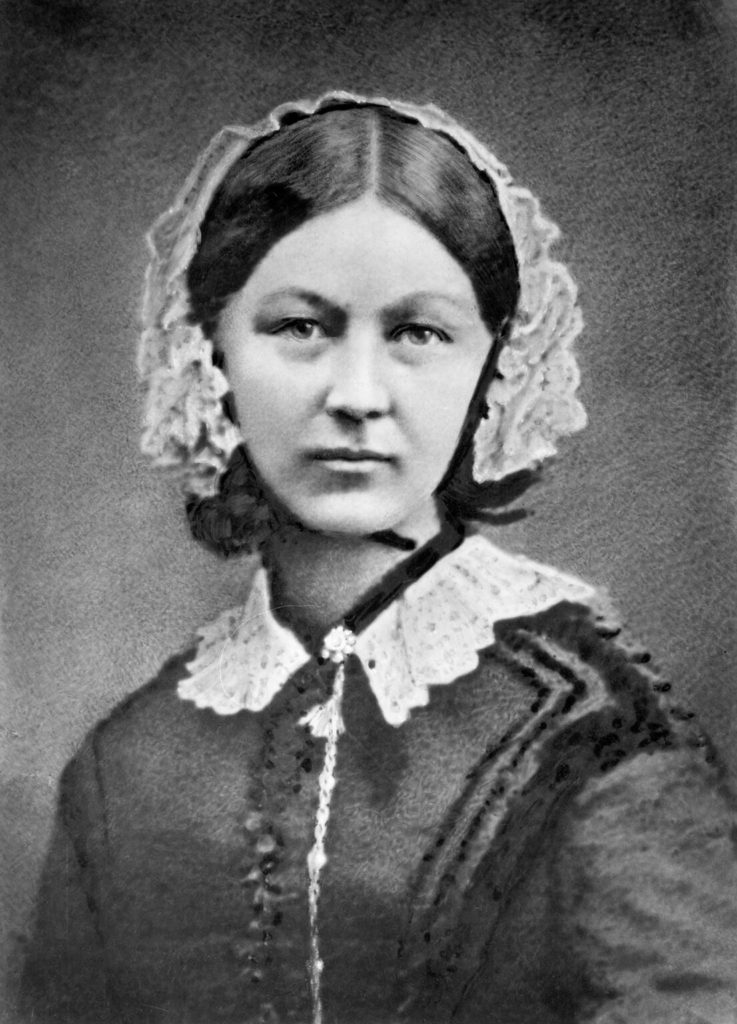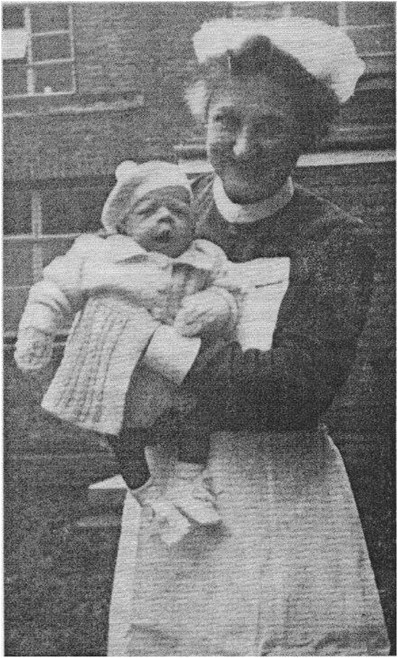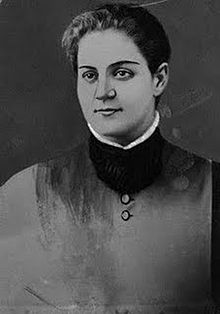There are more than a few ways to become famous. For nurses, getting famous for professional reasons can sometimes be quite a challenge, especially since nursing is the nation’s largest healthcare profession. According to the American Association of Colleges of Nursing (AACN), there are nearly 4 million nurses in the United States, and 84% of all licensed RNs currently work in nursing.
Whether you work as a nurse or not, check out these famous nurses for an up-close and personal look into the innovative (and sometimes cunning) world of nursing. First we’ll take a look at famous nurses who earned their fame with honor and then we’ll end with a few famous nurses who are notable for less positive reasons.
[ Tired of applying? With Incredible Health, hospitals apply to YOU. Join free. ]
Influential Nurses
These frontline workers educated, innovated, and even entertained us all on their way to fame.
Northwell Health Nurse Choir, America’s Got Talent stars
This group of singing nurses recently inspired us all during a time of many challenges in healthcare – staff shortages, burnout, and of course a global pandemic. Follow them on Instagram, and watch as they energize the crowd and earn a standing ovation on America’s Got Talent!
Clara Barton, Red Cross Founder

Clara Barton worked in Europe for the International Red Cross back in the 1880s. When she came back to the United States, she began lobbying for an American branch finding success in 1881 when she established the American Red Cross and served as the organization’s first president.
Her success in opening the branch resulted in major advancements within the medical industry. The American Red Cross currently supplies 40% of the nation’s blood donations with nearly 7 million people donating blood each year.
What did Clara Barton do before she founded the Red Cross? Research reveals she moved to Washington, D.C. in the mid-1850s with the intention to work as a clerk in the U.S. Patent Office. But when the civil war began in the 1960s, Barton found herself compelled to help the soldiers in any way possible. At first, she worked with the Union Army by collecting and distributing supplies. This role, however, was a bit too much on the sidelines for Barton, so she ended up serving as an independent nurse.
In 1862, Barton saw combat for the first time and then went on to care for wounded soldiers at Antietam. Her bravery and advanced nursing skills earned her the nickname “the angel of the battlefield.”
Florence Nightingale, Mother of Modern Nursing

Catherine Reef, author of Florence Nightingale: The Courageous Life of the Legendary Nurse, describes Florence Nightingale’s impact:
“By going against tradition and by doing the work she saw as her duty to perform, Nightingale opened doors for women. She brought better health to many people. Beloved in life, she became a legend in death … [she] wanted the world to move forward. She thought that in nursing, as in every human activity, ‘constant progress is the law of life.'”
Florence Nightingale was known by several names, like The Lady With the Lamp and The Mother of Nursing. She is considered the founder of modern nursing and gained exceptional prominence as she managed and trained nurses in the Crimean War (her role was helping organize care for wounded soldiers).
Nightingale’s fame was pivotal to nursing in many ways. She was not only a versatile writer, prodigiously known for her content, but she was an icon of Victorian culture as well. She achieved icon status with The Lady with the Lamp persona she created when making rounds to wounded soldiers at nighttime.
In 1860, Nightingale established a nursing school in London at St. Thomas’ Hospital. At the time, it was the world’s first and only secular nursing school. Nursing classes are still available through the program at King’s College London. The Mother of Nursing is recognized for her contribution to the professional nursing world in many ways:
- Florence Nightingale Medal: The highest international distinction a nurse can receive is the medal named in honor of Nightingale
- Nightingale Pledge: Nurses take this pledge in recognition of the pioneering work performed by Nightingale
- International Nurses Day: Nightingale’s birthday is celebrated as International Nurses Day
Sister Jean Ward, Phototherapy for Neonatal Jaundice

Without Sister Jean Ward, neonatal nursing wouldn’t be as advanced as it is. In his book The Remarkable Life of the Skin: An Intimate Journey Across Our Largest Organ, author Monty Lyman highlights just how influential Sister Ward was to pediatric nursing.
“On a warm summer’s afternoon in 1956, in the courtyard of a local hospital in Rochford, an unassuming town in Essex, Sister Jean Ward was about to contribute to one of the greatest discoveries in the history of pediatrics.”
This was because back before 1950, jaundice was one of the leading causes of premature death in newborns. It was regarded as a common issue and medical professionals weren’t advancing in their quest to find a cure or treatment option. Sister Ward, however, changed the face of neonatal care when she introduced phototherapy for neonatal jaundice.
It all started when Ward’s reputation in successful puppy rearing landed her the role of managing the NICU unit in Essex, England, at Rochford General Hospital. Sister Ward believed fresh air and sunshine had great restorative effects on frailer infants because she had seen it help some of the smaller puppies she had reared. So, even though she knew it was a bit unorthodox, Ward would wheel the smaller infants out into the courtyard on sunny days to let them soak in sun and fresh air. She made sure to take them out and have them back before the pediatricians did their rounds.
Ward would always say ‘A combination of fresh air and warm sunshine would do them more good than the stuffy overheated atmosphere of an incubator!’
Eventually, it was noticed by Ward and doctors that one of the infants with jaundice had a patch of skin that was no longer yellow. Instead, it was bronze from sun exposure the infant received when Ward took it to the courtyard. This discovery is the cornerstone of today’s modern jaundice treatment methods.
Infamous Nurses
Fame doesn’t always coincide with leaving behind a praise-worthy legacy. The next four famous nurses didn’t necessarily want to acquire fame, but no doubt about it, the way they impacted the nursing industry will be hard to forget for centuries to come
Jane Toppan – 31 Victims

Jane Toppan worked as a nurse in the 1880s in Massachusetts. When making her rounds, she would sometimes administer lethal doses of morphine and atropine to infirm and elderly patients. As the patients would die in their bed, she would crawl in the bed with them until they passed away. She took at least 31 lives before her employers figured out what was going on. The courts found her insane and gave her a life sentence in an asylum.
Cathy Wood and Gwen Graham – 5 victims
Working in a nursing home in Michigan back in the 80s, Cathy Wood and Gwen Graham killed by patients by suffocation. Their motive? “Graham claimed the murders had started as a kind of macabre game invented by Wood. The object of the game, according to Graham, was to choose victims by their initials to spell out the word “MURDER.” But that proved to be too difficult, so they gave up and just started killing patients at random.”
Once the pair was caught and arrested, Wood ended up receiving 20 years for one count of second-degree murder along with 20 years for a single count of conspiracy to commit second-degree murder. After serving 29 years, she made parole in October 2018; however, the victim’s family appealed the grant and so she has yet to be released. Graham was convicted of five counts of murder as well as a single count of conspiracy to commit murder. She got five life sentences with no chance at parole.
Miyuki Ishikawa – 103 infant victims
When it comes to getting famous as an infamous nurse, there are very few who are as evil as Miyuki Ishikawa. What’s even more shocking is the punishment she received for her crimes that got her famous. In the 1940s, Ishikawa had at least 103 babies die while in her care. Why? Because she let them. Ishikawa justified her crimes by saying the parents were too poor to care for them anyway. After being arrested and sentenced, she received a mind-blowing sentence of only four years.
Get job matches in your area + answers to all your nursing career questions

